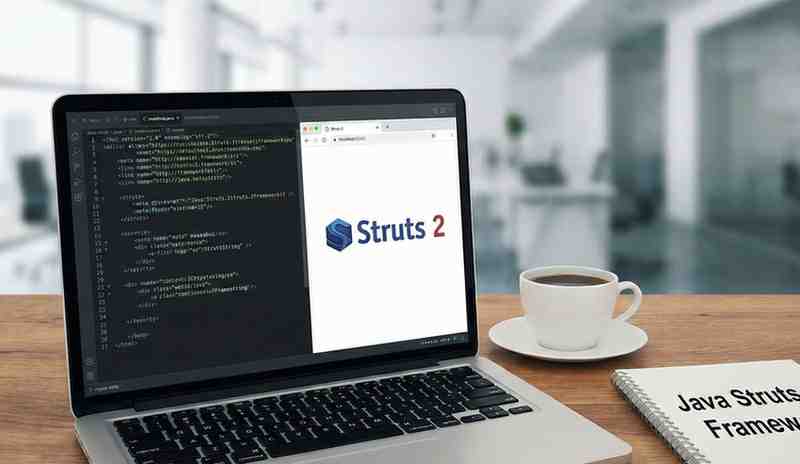Case study interviews are an increasingly common tool employers use to assess a candidate’s fitment for a role. They are designed to evaluate a candidate’s problem-solving, communication, and creativity skills by presenting them with a real-world scenario similar to those they would face in the actual job. However, not all candidates are successful in these interviews. In this blog Top 10 Reason for failure in case study interview we will look into the top reasons why a candidate may struggle during a case study interview, and it’s essential to be aware of these challenges to ensure the best possible performance.
- Lack of preparation: If a candidate doesn’t prepare enough, they may struggle to analyze the problem, develop solutions, and offer advice within the given time frame. This can result in a weak performance and a lower score.
- Inability to think critically: Case study interviews are designed to test a candidate’s critical thinking skills. If a candidate struggles to think critically or doesn’t understand the problem deeply enough, they may fail to provide relevant and insightful solutions.
- Poor communication skills: The ability to communicate effectively is crucial during a case study interview. Candidates who struggle to articulate their thoughts and ideas in a clear and concise manner may lose points, even if their solutions are sound.
- Lack of domain knowledge: Depending on the industry, candidates may be required to have a certain level of technical or domain knowledge. If a candidate lacks this knowledge, they may struggle to understand the problem and offer relevant solutions.
- Inability to work under pressure: Case study interviews are often conducted within a time constraint. Candidates who are unable to work well under pressure may struggle to perform at their best during the interview.
- Unaware of the framework on how to approach a case study: Case studies often require a structured approach to solve the problem. If a candidate is unfamiliar with the framework or doesn’t follow it properly, they may struggle to come up with a comprehensive solution.
- Unable to present the solution as expected: Communication skills are key during a case study interview, and presenting the solution in a clear and concise manner is important. If a candidate is unable to present the solution as expected, they may lose points.
- Inability to pace your deliverables: Time management is crucial during a case study interview. If a candidate is unable to pace their deliverables within the given time frame, they may not be able to complete the assessment or provide comprehensive solutions, which can negatively impact their performance.
- Inability to prioritize: In some case studies, there may be multiple issues to solve, and candidates need to prioritize which ones to address first. If a candidate struggles to prioritize effectively, they may not provide the best possible solutions.
- Lack of creativity: Case studies often require candidates to come up with innovative and creative solutions to complex problems. If a candidate is unable to think outside the box or lacks creativity, they may struggle to come up with unique and effective solutions.
In conclusion, case study interviews are an effective way for employers to evaluate a candidate’s skills and abilities. However, they can be challenging for candidates who are not adequately prepared or lack the necessary skills. By understanding the potential pitfalls of case study interviews, candidates can better prepare themselves and increase their chances of success. With proper preparation, critical thinking, strong communication skills, domain knowledge, and the ability to work well under pressure, candidates can excel in case study interviews and secure their dream job.
Profile Review & Recommendation
Expert-Driven Profile Review &
Recommendations

Let our expert look into your CV, Cover Letter, Naukri & LinkedIn Profile to turn your profile into the top 1% of professional profiles.
INR 1,999
- Naukri Profile Review & Recommendations
- Resume Review and Expert Recommendations
- LinkedIn Profile Review & Recommendations
- Cover Letter Templates Download
- Latest Resume Templates Download
- Personalized, tailored feedback
- ETA: 3- 5 Days
Self-Service Profile
Optimization

Access expert-curated guidelines, sample reviewed files, & step-by-step instructions to optimize your CV, Cover Letter, Naukri & LinkedIn Profile.
INR 499
- Guidelines for Profile Optimization (Resume, Naukri, and LinkedIn)
- Access to Sample Reviewed Files for inspiration
- Step-by-Step Instructions to reframe your profile
- Cover Letter Templates Download
- Latest Resume Templates Download
- Immediate access to the files







